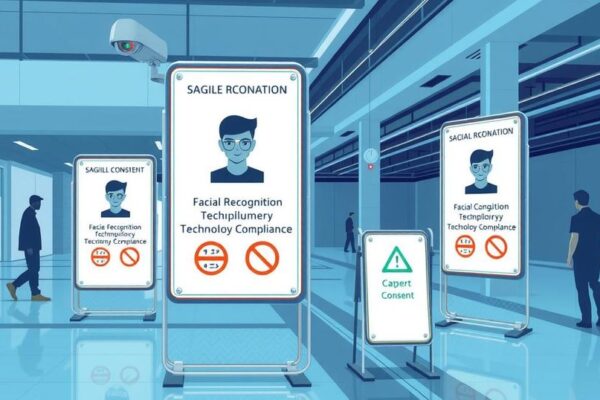
Meta Explores Facial Recognition for Smart Glasses Amid Privacy Debate
Meta is considering integrating facial recognition into its smart glasses, enhancing features called “super sensing.” This would allow constant use of the devices’ cameras with AI assistance. Battery life is expected to improve, and updates to privacy policies raise concerns. The move reflects a broader trend in facial recognition technology, which is gaining traction in…









